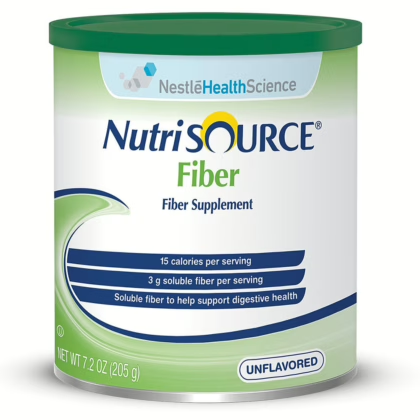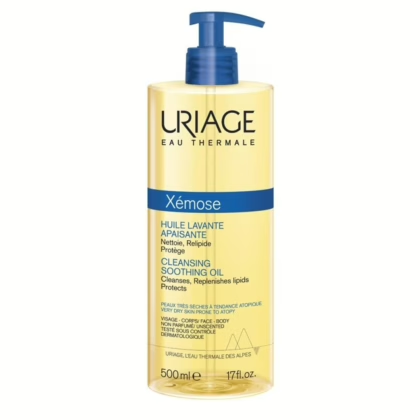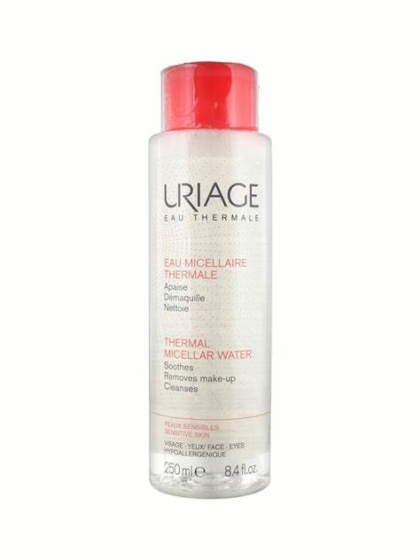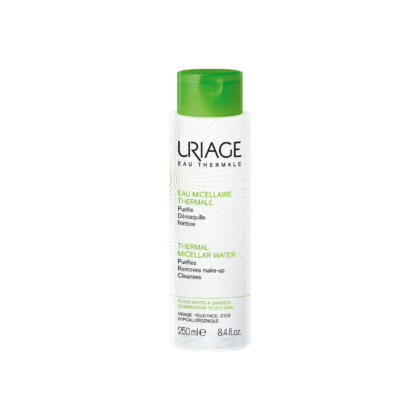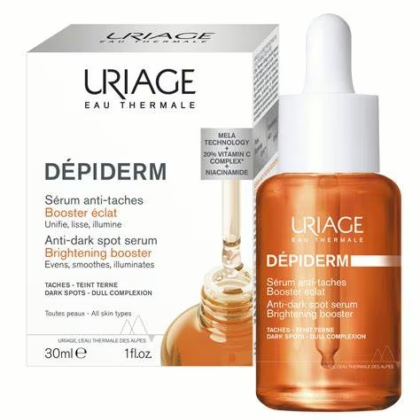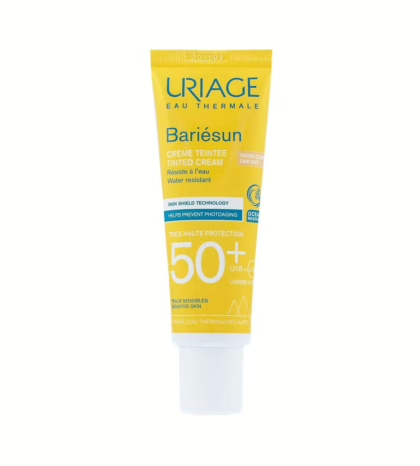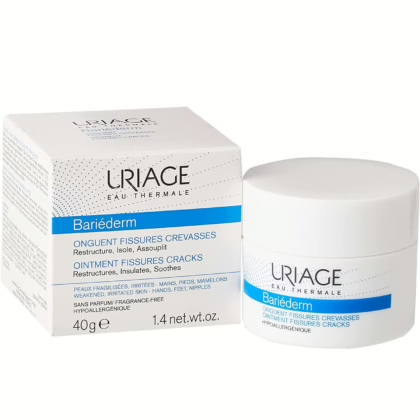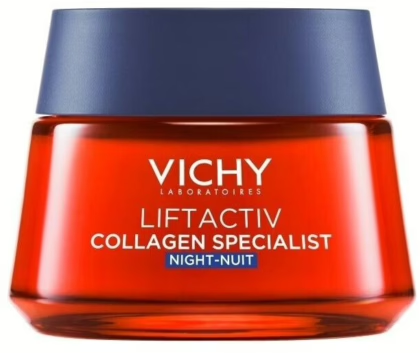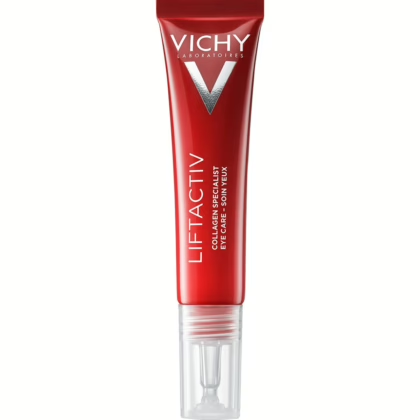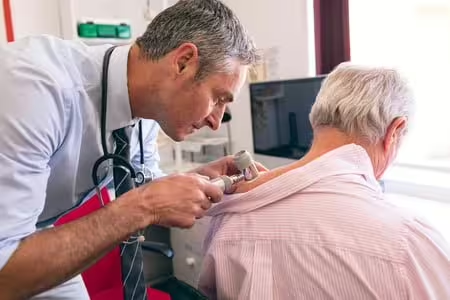
Summer tan is a cost that must be paid most of the time to enjoy summer and its activities, but does the damage stop there? And is sunscreen enough for any time you’re outside? Can UV rays cause skin cancer? Let’s figure it out together.
The sun’s rays that get too strong in the summer are the cause of the first problems in the summer; sunlight is the major source of UV radiation, which causes a lot of damage to skin cells and raises the risk of skin cancer, the most prevalent kind of cancer in the world.
Protecting your skin from the sun’s rays certainly helps prevent the damage. Make sun safety a daily habit so you can avoid getting sunburn and reduce your risk of skin cancer! I guess the first thing that will jump into your head is the sunscreen that we all can’t go out in the summer without applying, but it is not enough! So, we will discuss other steps to help protect you.
Now it is time to learn about other factors that will help protect you from the harmful rays of the sun.
Gear up for summer with a tote bag filled with the following items to help ensure you and your family stay safe from the sun, and keep this bag always handy so you’ll be there for all your summer outings:
It is true that protecting your skin from the sun helps prevent skin damage, but is it the only risk factor? No, there are many factors that may increase your risk other than the sun’s rays such as
Share this article with your loved ones, relatives, and friends.


